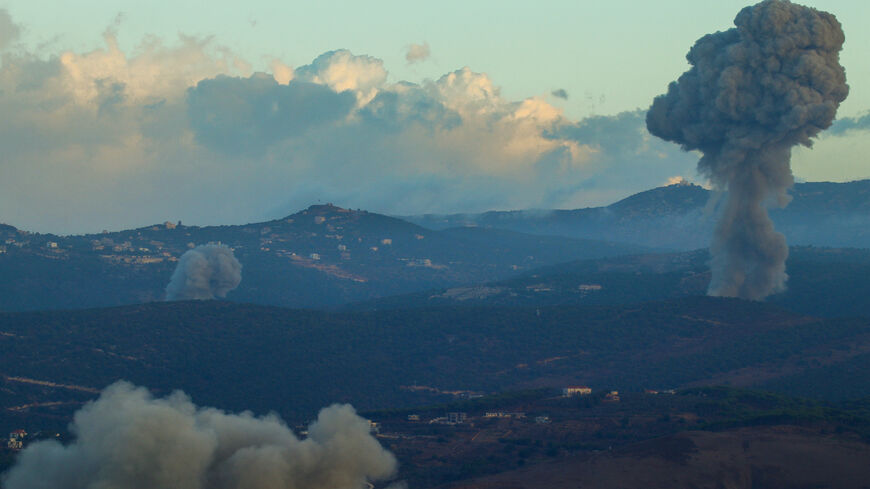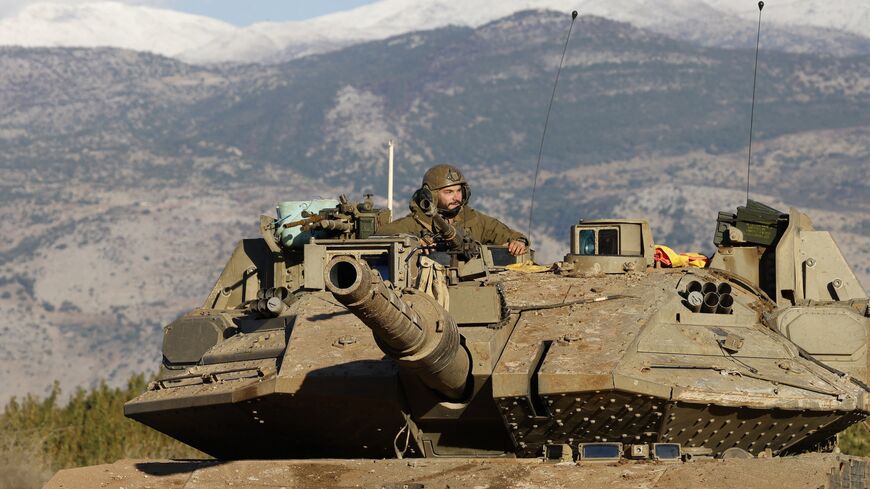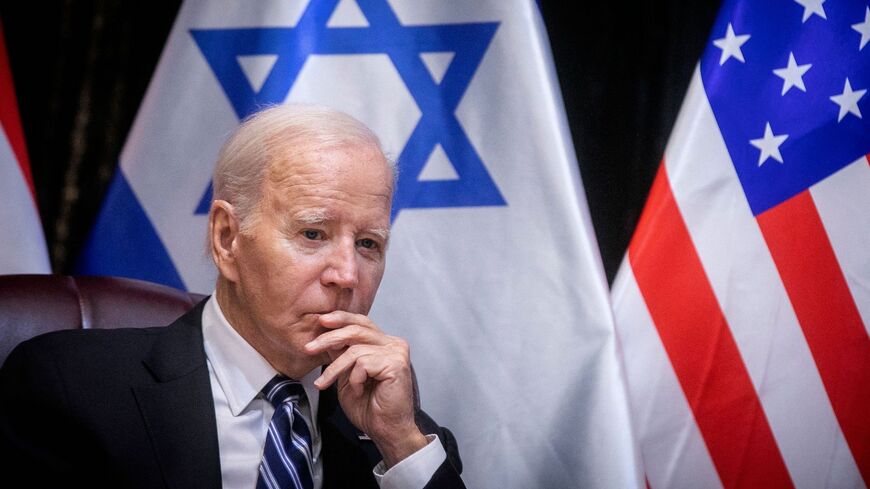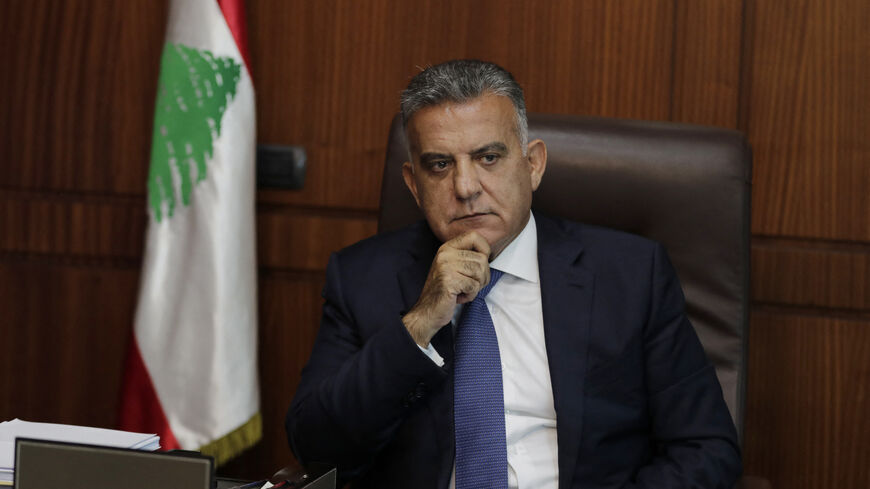US, France call for 21-day cease-fire on Israel-Lebanon border
US President Joe Biden and French President Emmanuel Macron said it was time to “give diplomacy a chance to succeed.”
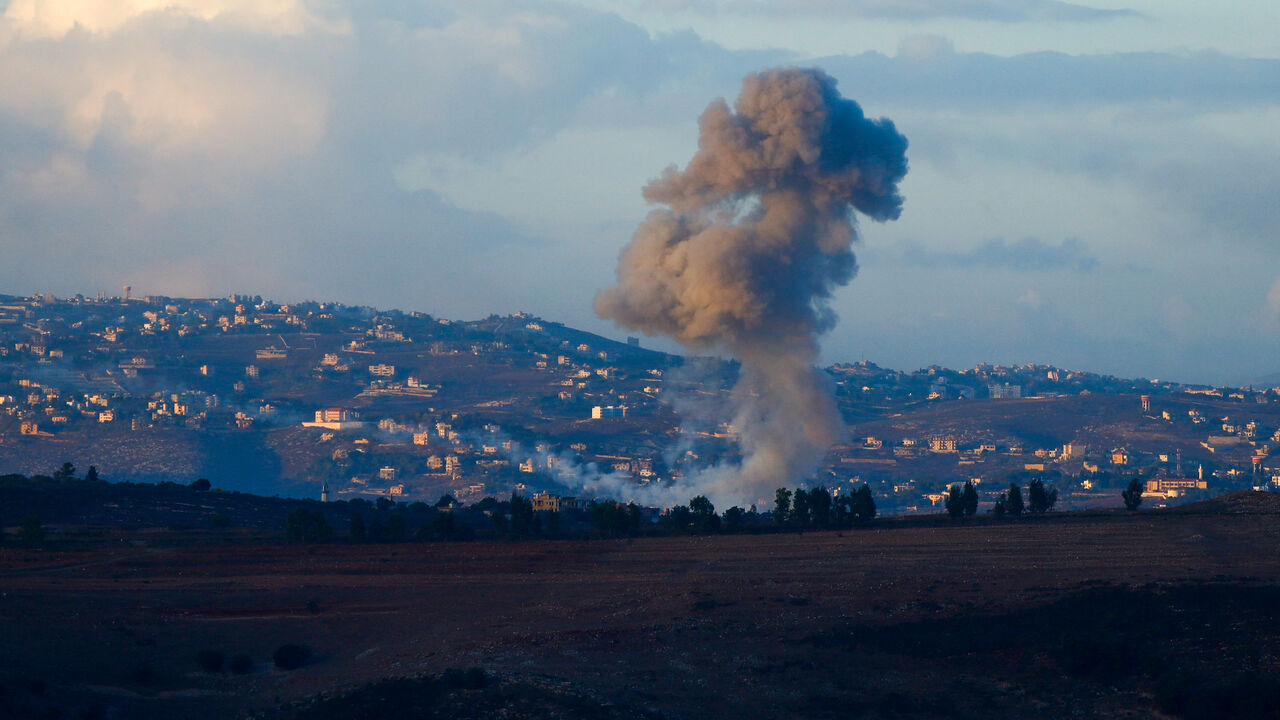
NEW YORK — The United States and France late Wednesday issued a joint call for a 21-day cease-fire across the Israel-Lebanon border, during which negotiations would continue on a more comprehensive deal between Israel and Hezbollah.
The diplomatic push comes after the Israeli military on Monday widened its air campaign against Hezbollah and is now mulling a ground incursion, nearly a year after the Iran-backed group began firing on Israel in solidarity with Hamas in Gaza.
In a statement, US President Joe Biden and French President Emmanuel Macron said it was time to “give diplomacy a chance to succeed” and called for the support of the Israeli and Lebanese governments.
“It is time for a settlement on the Israel-Lebanon border that ensures safety and security to enable civilians to return to their homes,” Biden and Macron said.
Earlier Wednesday, the two leaders discussed a possible cease-fire during a meeting on the margins of the UN General Assembly gathering in New York. Their call for a cease-fire has been endorsed by Australia, Canada, the European Union, Germany, Italy, Japan, Qatar, Saudi Arabia and the United Arab Emirates.
There was no immediate reaction from Hezbollah or the governments of Lebanon and Israel. Israeli Prime Minister Benjamin Netanyahu was en route to New York when the joint statement was released. Lebanese caretaker Prime Minister Najib Mikati is currently in New York, where he addressed the UN Security Council on Wednesday.
A senior Biden administration official declined to say whether Washington had assurances that either side would accept the cease-fire, but said their responses were expected in the coming hours.
“We believe, regardless of what has happened on the battlefield over the last several days [and] weeks, the moment we feel is now to achieve that diplomatic resolution,” the official said.
Another official voiced optimism that a pause in the fighting in Lebanon “would open up some possibilities” to secure a cease-fire and hostage release in Gaza, where the death toll from Israel’s military offensive against Hamas has killed some 41,000 Palestinians.
The past week has seen some of the worst fighting between Israel and Hezbollah since the 2006 war. It comes as Lebanon continues to reel from a wave of deadly pager and walkie-talkie blasts that Israel used to target Hezbollah militants last week.
An Israeli official speaking on condition of anonymity said Israel is not seeking war in Lebanon “but is also not deterred by it.”
“Israel has consistently stated that it will give a diplomatic solution a chance, and this remains the case,” the official said.
At least 600 people have been killed in Lebanon since Sept. 17, and more than 90,000 have been displaced in the fighting. Israeli strikes killed at least 72 people on Wednesday, the Lebanese Ministry of Health said. A day earlier, Hezbollah launched a projectile at Tel Aviv — its first in the decades-long conflict.
The cross-border fighting has renewed fears that Israel will mount a ground invasion of south Lebanon, potentially unleashing a far more deadly confrontation that could draw the United States, its ally, into direct conflict with Iran, Hezbollah’s patron.
For nearly a year, senior White House adviser Amos Hochstein shuttled between Israel and Lebanon in search of a diplomatic solution that would restore calm to the border. Those efforts were complicated by Hezbollah’s insistence that its attacks on Israel would continue until a cease-fire is reached in the Gaza Strip.
This developing story has been updated since initial publication.



